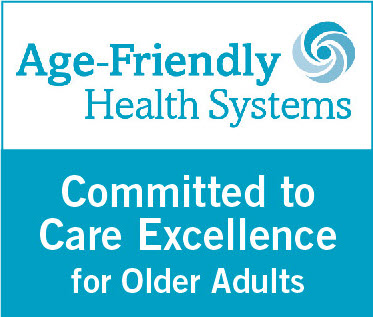
|
|
From Hospital to Home: Factors Relating to Transitions of Care in a FQHC
"Transitions of Care" describes the continuum of care from one care setting to another. Poor transitions are very common, compromising patient safety and quality of care, and increasing risk for readmission. This study was designed to identify the factors that impact transitions of care from hospital discharge to home by surveying patients scheduled at a post-hospitalization clinic at a Federally Qualified Health Center (FQHC). The survey, developed by geriatric experts, covered patient knowledge of discharge, including medications, and medical conditions as well as function and caregiving needs.
Surveys were conducted to patients who attended their follow-up post-hospital appointments. Patients that did not show up to their follow-up post-hospital appointments were surveyed over the phone. Of the In-person survey group, 19% had readmissions since discharge and prior to post hospital follow-up within 7 days. 50% of these readmissions were related to unavoidable medical problem, and 50% were considered preventable, caused by lack of coordination. Of the phone-surveys, 39% were readmitted. The most commonly cited barrier to follow-up clinical care was transportation. The other, most commonly cited issues include lack of communication before discharge from the hospital, misunderstanding medications and memory and mobility problems.
From these surveys we have concluded that not presenting for a post-discharge appointment is associated with increased risk of hospitalization. With this information we are currently developing a program to address and improve transitions of care between settings, and that will address transportation, medication education, and cognitive and functional assessments.


